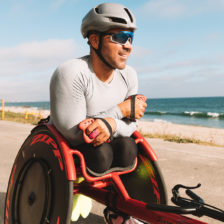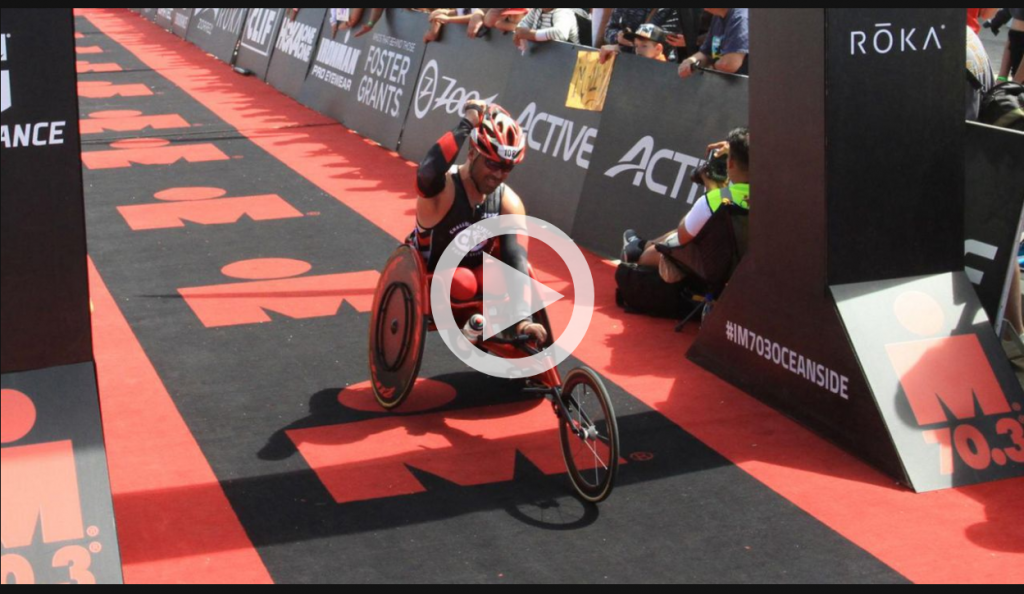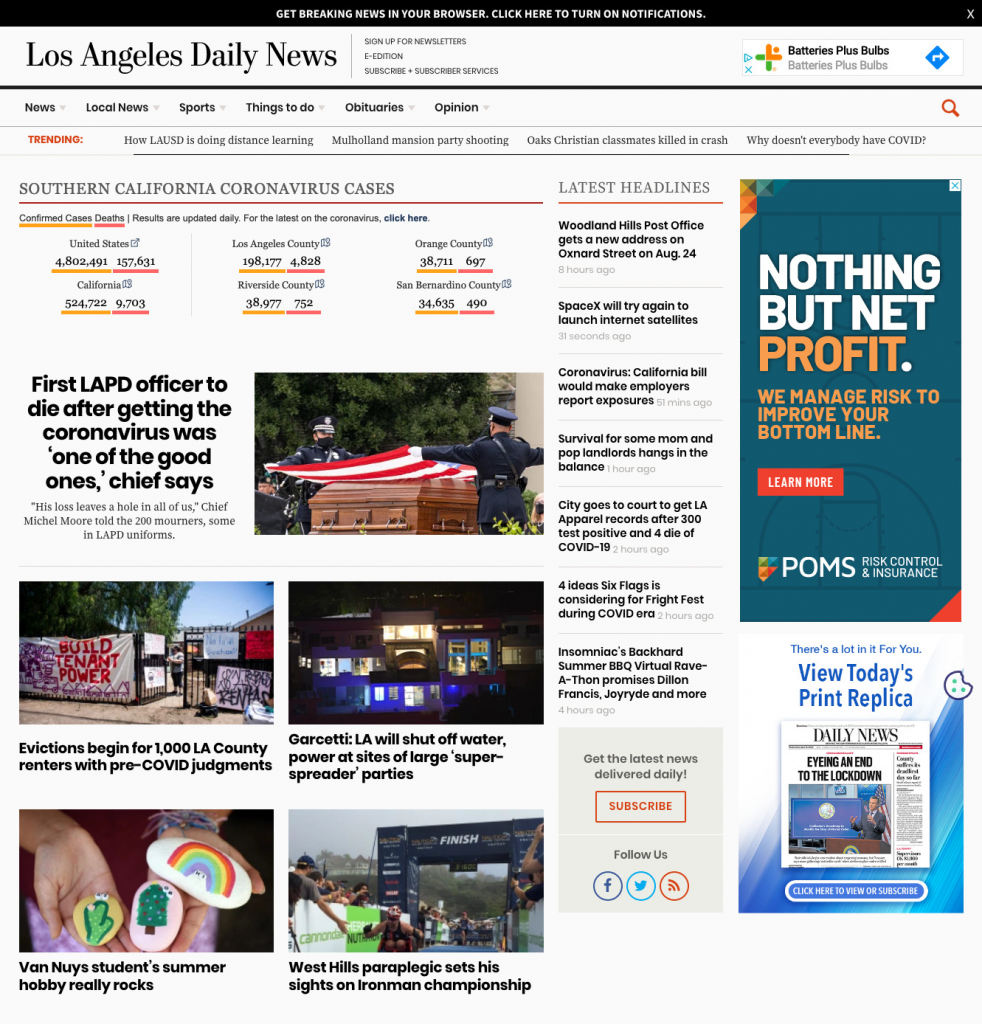Tanisha A. Sykes | Special to USA TODAY
Published: 4:04 a.m. ET Sep. 17, 2020 Updated: 7:59 a.m. ET Sep. 17, 2020
After looking at two houses, Rob Balucas and Erika Chau, knew they found the right home in 2019.
The couple, who met a few years ago on the dating app Bumble, now live in West Hills, California, in a quaint mid-century modern ranch.
Before they landed their current house, they had seen older homes that needed a lot of work. Their priority was ensuring their new abode was accessible for Rob, a paraplegic who uses a wheelchair. In 2015, Rob, a web design/online marketing entrepreneur, was training for a Half Ironman competition, and a cycling accident left him paralyzed from the waist down.
“He couldn’t even fit through the bathroom doors in one house,” says Erika, assistant vice chancellor, academic affairs, at the University of California, Los Angeles.
After experiencing one too many narrow doorways and tight hallways, they were really “bummed out”.
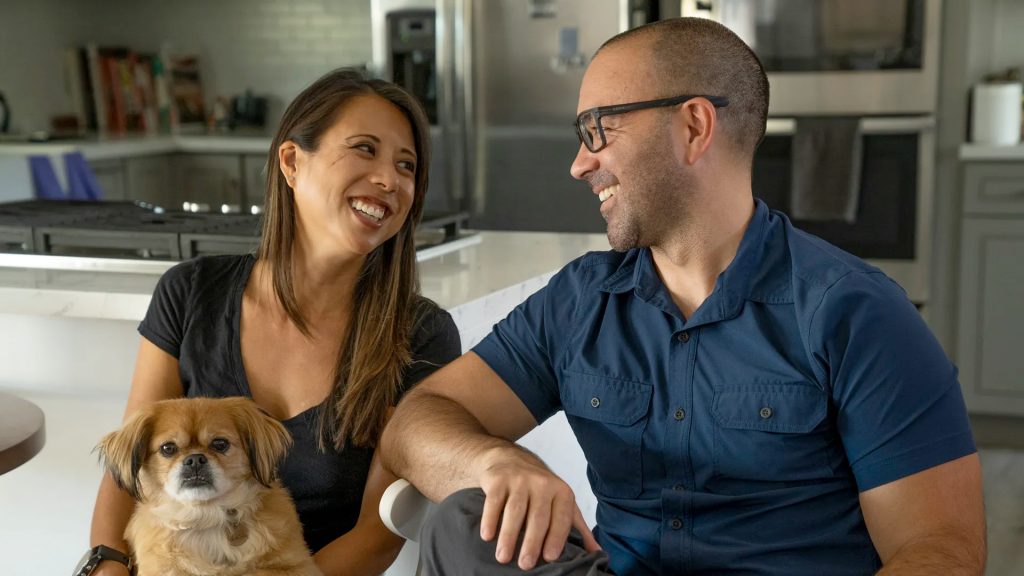
Admittedly, “a lot of building codes have changed because the Americans with Disabilities Act requires them be wider and bigger,” she says. “But there should be an intent to at least have some accessible housing available, or some thought process for condo units or homes.”
At the time, Erika was living in West Hollywood, and Rob in Fresno. While looking for houses online, Erika spied their current home, with its wide driveway, open kitchen, and a ramp leading to the front door. She immediately FaceTimed Rob: “I could be insane, but I think this house is in the neighborhood we want,” she told him. That was a Sunday. “Our realtor got me in the next day to see it,” Erika says.
They paid the asking price of $668,888, which Rob says was at the top end of their budget, even though they were approved for more. With the help of their realtor, who suggested widening the doorways, then adding a pocket door, they could visualize the space’s potential to meet Rob’s needs.
“I literally couldn’t fit through the bathroom doorway when we first bought the house,” says Rob, an active para athlete who competes with members of Angel City Sports, which provides free adaptive sports opportunities for people with physical disabilities or visual impairments. He continues: “So we had to widen it and put in a barn door.”
And the open floor plan is a winner, he says. “The kitchen to the living room is one big open space, now we just have to decide how to lay out our furniture.”
Aside from needing a flat layout with no stairs inside or outside of the property, the couple, both 43, say many of their needs are typical of other homebuyers.
“We wanted something nice, open, and the right commuting distance to Erika’s work,” says Rob. He also wanted to live in a flat neighborhood where he could easily walk his dog, Chloe, and get around by himself.
“For Rob, it’s also really important to have a shower that has a tub, or a stove with controls in the front so he can reach them,” adds Erika. “A lot of people don’t think about those things, but that’s what we were looking for in our home.”
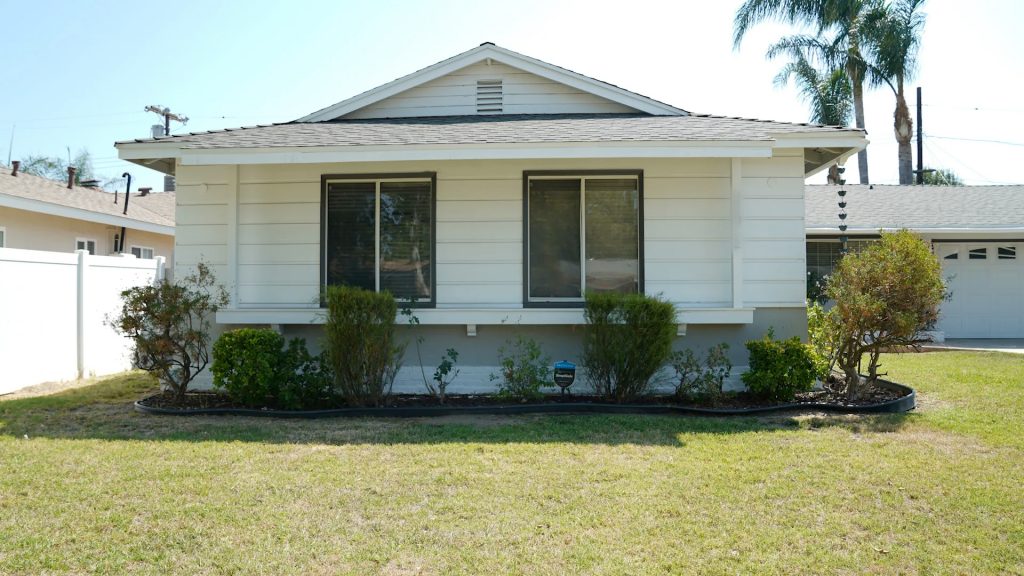
Now that they are settled in, the couple can sit back and enjoy their new space, replete with smart lights, a smart thermostat, and a smart oven that are easy to control from an app.
“One thing I have learned is to have patience because everything takes longer when living in a wheelchair,” he says. “Having an accessible home makes life easier.”
Contributing: Andrea Kramar
